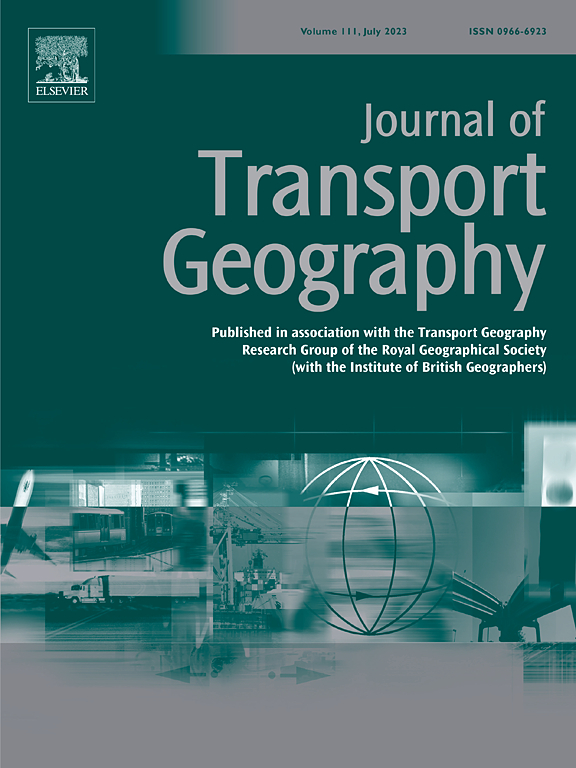Assessing the causal effect of air pollution on electric vehicle adoption using real world data: Evidence from 270 Chinese cities
IF 5.7
2区 工程技术
Q1 ECONOMICS
引用次数: 0
Abstract
Electric vehicles (EVs) are recognized as a feasible solution for improving the environment, and environmental factors may also exert effects on the adoption of EVs. Previous research, primarily relying on survey methodologies, indicated that individual environmental awareness promotes the intention to adopt EVs. However, few studies explore the impact of real-world air quality on actual EV adoption. Compiling a panel dataset encompassing 270 Chinese cities from 2014 to 2020, we use an instrumental variable approach to assess the causal effect of air quality on the sales of EVs. Thermal inversion is employed as an instrumental variable to address endogeneity arising from the obvious reverse causality in their relationship. The results show that the deterioration of air quality leads to an increase in the sales of EVs. This positive effect is more pronounced in cities characterized by higher per capita income, higher car ownership per capita, and larger urban size. Mechanism analyses show that the positive effect is largely mediated by government policies. Our findings reveal that Chinese governments are responding to air pollution issues in a rational way and that their policies are effectively promoting the adoption of EVs.
使用真实世界数据评估空气污染对电动汽车采用的因果影响:来自中国270个城市的证据
电动汽车是公认的改善环境的可行方案,环境因素也可能对电动汽车的采用产生影响。以往的研究主要依靠调查方法,表明个人的环保意识促进了采用电动汽车的意愿。然而,很少有研究探讨现实世界的空气质量对实际电动汽车采用的影响。我们编制了包含2014年至2020年中国270个城市的面板数据集,使用工具变量方法评估空气质量对电动汽车销售的因果影响。热反转被用作工具变量,以解决由它们的关系中明显的反向因果关系引起的内生性。结果表明,空气质量的恶化导致电动汽车销量的增加。这种积极影响在人均收入较高、人均汽车拥有量较高、城市规模较大的城市中更为明显。机制分析表明,政府政策在很大程度上起到了中介作用。我们的研究结果表明,中国政府正在以理性的方式应对空气污染问题,其政策正在有效地促进电动汽车的采用。
本文章由计算机程序翻译,如有差异,请以英文原文为准。
求助全文
约1分钟内获得全文
求助全文
来源期刊

Journal of Transport Geography
Multiple-
CiteScore
11.50
自引率
11.50%
发文量
197
期刊介绍:
A major resurgence has occurred in transport geography in the wake of political and policy changes, huge transport infrastructure projects and responses to urban traffic congestion. The Journal of Transport Geography provides a central focus for developments in this rapidly expanding sub-discipline.
 求助内容:
求助内容: 应助结果提醒方式:
应助结果提醒方式:


